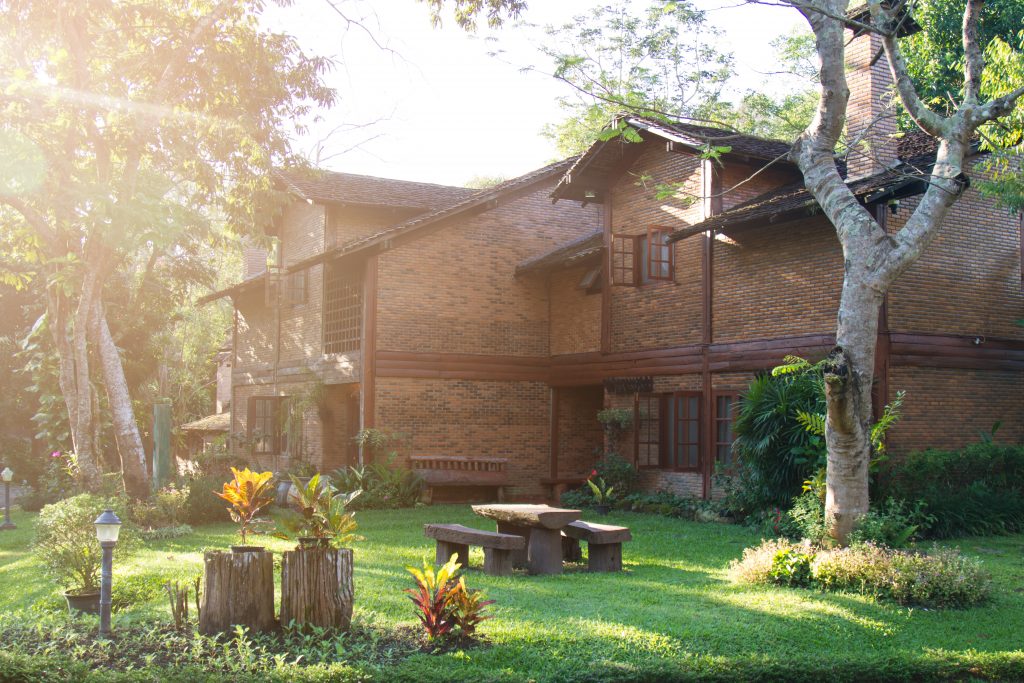Dreaming of a chateau in the south of France, coastal villa in Italy or even a hideaway in neighbouring New Zealand? Investing in foreign property often evokes dream-like scenarios, but the reality can vary markedly from idyllic visions.
Australians citizens are permitted to buy property in New Zealand, with around 60,000 Australians calling New Zealand home. But Australia’s closest neighbour continues to clamp down on foreign investment from most other countries.
Research indicates that around 12 per cent of Australian investors are actively seeking international real estate, with a further 23 per cent ready to take the plunge, and an average spend of $500,000.
Owner demographics
Buyers of foreign property generally fit into four categories. These include holiday-home investors; buyers seeking investment properties; Australian or New Zealand migrants aiming to secure a base back home; and potential buyers looking for accommodation for their children studying abroad.

Favourite destinations
Recent data from realestate.com.au suggests that most buyers are looking to invest in English-speaking countries. This includes 34 per cent with interest in the US market; 32 per cent in the trans-Tasman properties of New Zealand; and 30 per cent in the UK. Europe and Asia-Pacific also attract foreign buyers, with Bali rating as a dream destination for holiday-home investors.
What to look for
The real estate fundamentals apply to foreign purchases. Familiar territory is often a golden rule when investing in international markets, but this should be preceded by finding out where it is possible to buy. Most European countries encourage foreign investment, with the exception of Iceland and Liechtenstein, where only local residents can buy real estate.
Tax and finance considerations
Countries with relaxed foreign investment rules could impose substantial taxes on offshore buyers. This would make a relatively inexpensive purchase significantly more expensive, upfront and for the long term.
Access to finance is another key consideration. Find out if you are able to borrow money in Australia/New Zealand or your country of purchase. Then there’s the matter of maintenance costs, leasing laws and other contractual obligations. This is where employing the services of a financial planner who specialises in foreign property investment is an invaluable asset.
Where to find offshore investment options
Many real estate portals provide access to global property networks that offer millions of international listings. Banks and investment companies can also point you in the right direction of the foreign-property ownership realm.

